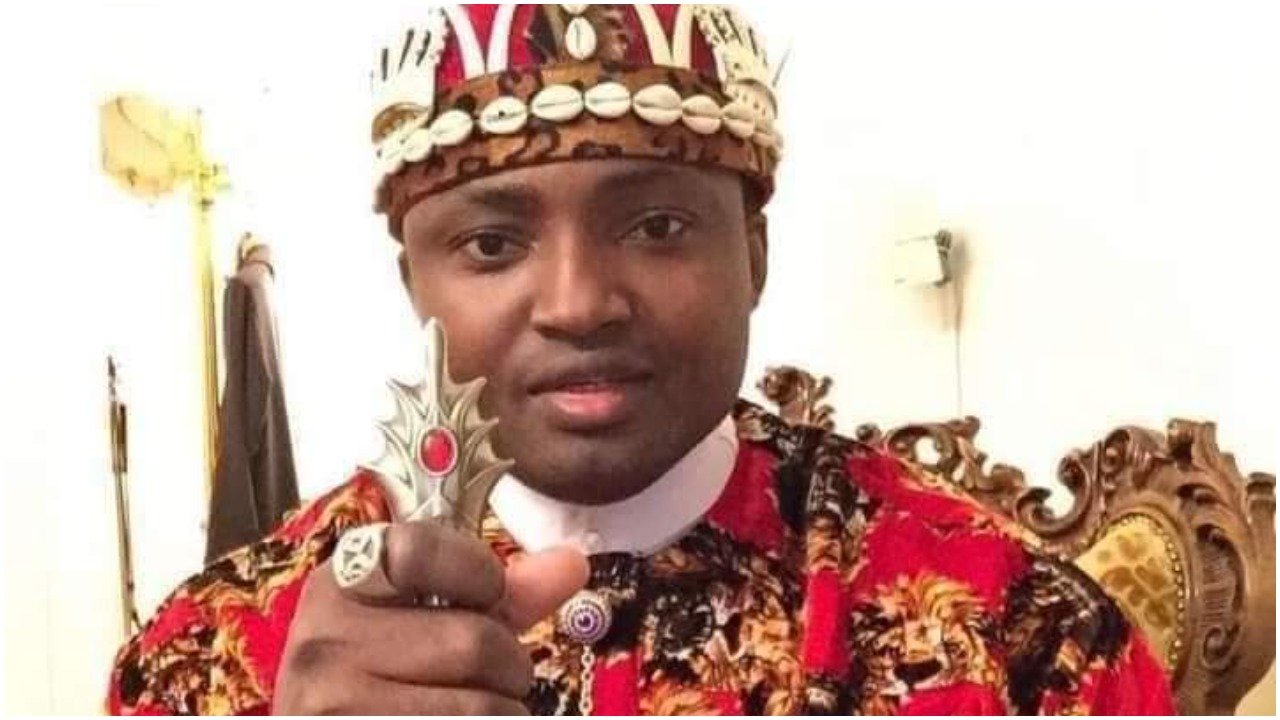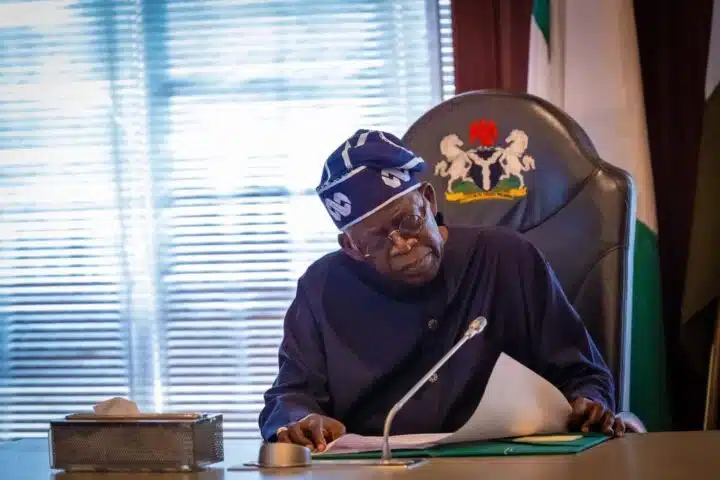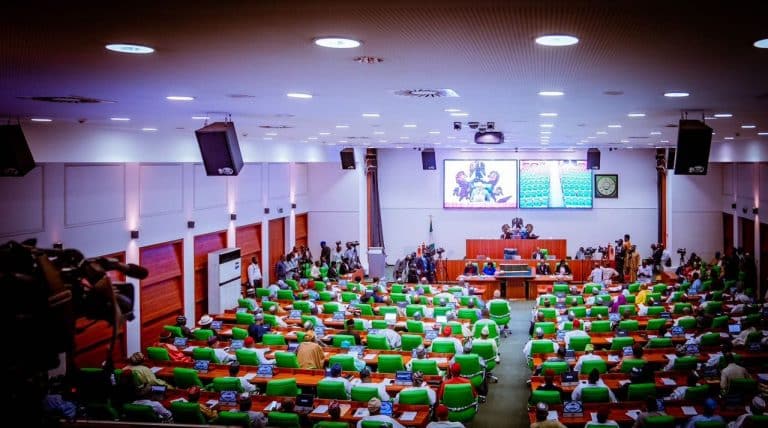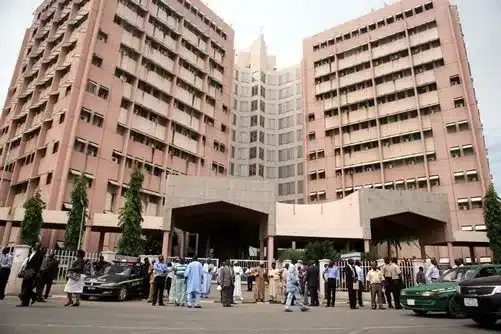.SCD not a death sentence, says Akinsete
A non-governmental organisation, Seyifara Foundation, yesterday, appealed to Nigerian leaders both at the federal and state levels to develop strategies aimed at reducing the challenges of Sickle Cell Disorder (SCD) carriers in the country.
This came as the Director/Chief Executive Officer (CEO) of Sickle Cell Foundation Nigeria, Idi-Araba, Lagos, Dr. Annette Akinsete, has said that SCD is not a death sentence because persons with it can live normal, long, productive lives and contribute meaningfully to their communities.
Speaking with The Guardian, Co-Founder/Director of the foundation, Oluwaseyi Adediran, urged the National Assembly to come up with appropriate legislation that would help in mitigating the challenges of SCD carriers, just as he appealed to religious leaders to educate their members appropriately about the disease.
Adeniran said it was worrisome that available statistics show that about 90 per cent of the world’s SCD population lives in Nigeria, India and the Democratic Republic of the Congo, where the disease affects up to two per cent of the population.
“That evidence suggests or shows that Nigeria has the largest population of persons affected with sickle cell disorder globally and considering the pains victims pass through, it should be a thing of concern to us all,” he said.
He disclosed that part of Seyifara’s Foundation’s efforts to bring reprieve to SCD carriers was its partnership with the Oyo State government, not only to mark this year’s World Sickle Cell Day, but also to make donations both in cash and kind to those suffering from the disease.
He noted: “Part of our collaborative efforts are aimed at raising awareness, providing medical support and fostering community engagement to combat sickle cell disease. The foundation is also involved in a series of activities including health screenings, educational workshops and the distribution of free medications to individuals living with sickle cell disease.
“These efforts underscore the commitment of both parties to enhancing the quality of life for those affected by this hereditary blood disorder.
“Seyifara’s mission is to bring hope and tangible assistance to those living with sickle cell disease. By partnering with the Oyo State government, we can leverage resources and reach a broader audience to deliver critical healthcare services and legislation.”
Speaking at a virtual town hall meeting to amplify the voices of sickle cell warriors and explore collaborative strategies to change the narrative around SCD in Nigeria to mark the World Sickle Cell Day 2024, themed, ‘Sickle Cell Disorder: A National Emergency’, Akinsete explained that it is not all doom and gloom for people with SCD.
She noted that the future is bright for persons with SCD, stressing that the disorder is not a death sentence because there are advances in treatment and cure such as newer drugs, non-pharmacological aids for pain management, for instance, art in medicine; gene therapy, among others.
Akinsete, however, noted that living with SCD is challenging.
“Some things about SCD are out of our hands. For example, the clinical manifestations in some patients is very severe and yet mild in some others. Sickle Cell control efforts in Nigeria are fragmented and largely carried out in silos,” she added.
She stated that the Sickle Cell Foundation Nigeria (SCFN) is not a government entity, explaining that it is a non-profit, non-governmental Organisation (NGO0, which is involved in all areas of sickle cell programming, advocacy, research, prevention, treatment, care, welfare and cure.
She lamented that persons with sickle cell in Nigeria pay out-of-pocket for their drugs and treatment, stressing that this contributes to high morbidity and mortality.
She disclosed that stem cell transplantation curative therapy for SCD is available in Nigeria now.
“In Benin City now, there is a Bone Marrow Transplant (BMT) centre newly established by Sickle Cell Foundation Nigeria in partnership with Lagos University Teaching Hospital and international partners. However, it is noteworthy that while it is fitting that BMT is available in Nigeria, the country with the highest burden of
SCD in the world; BMT remains a very expensive procedure and not every patient with SCD is a good candidate for BMT,” she said.

 5 months ago
12
5 months ago
12















 English (US) ·
English (US) ·